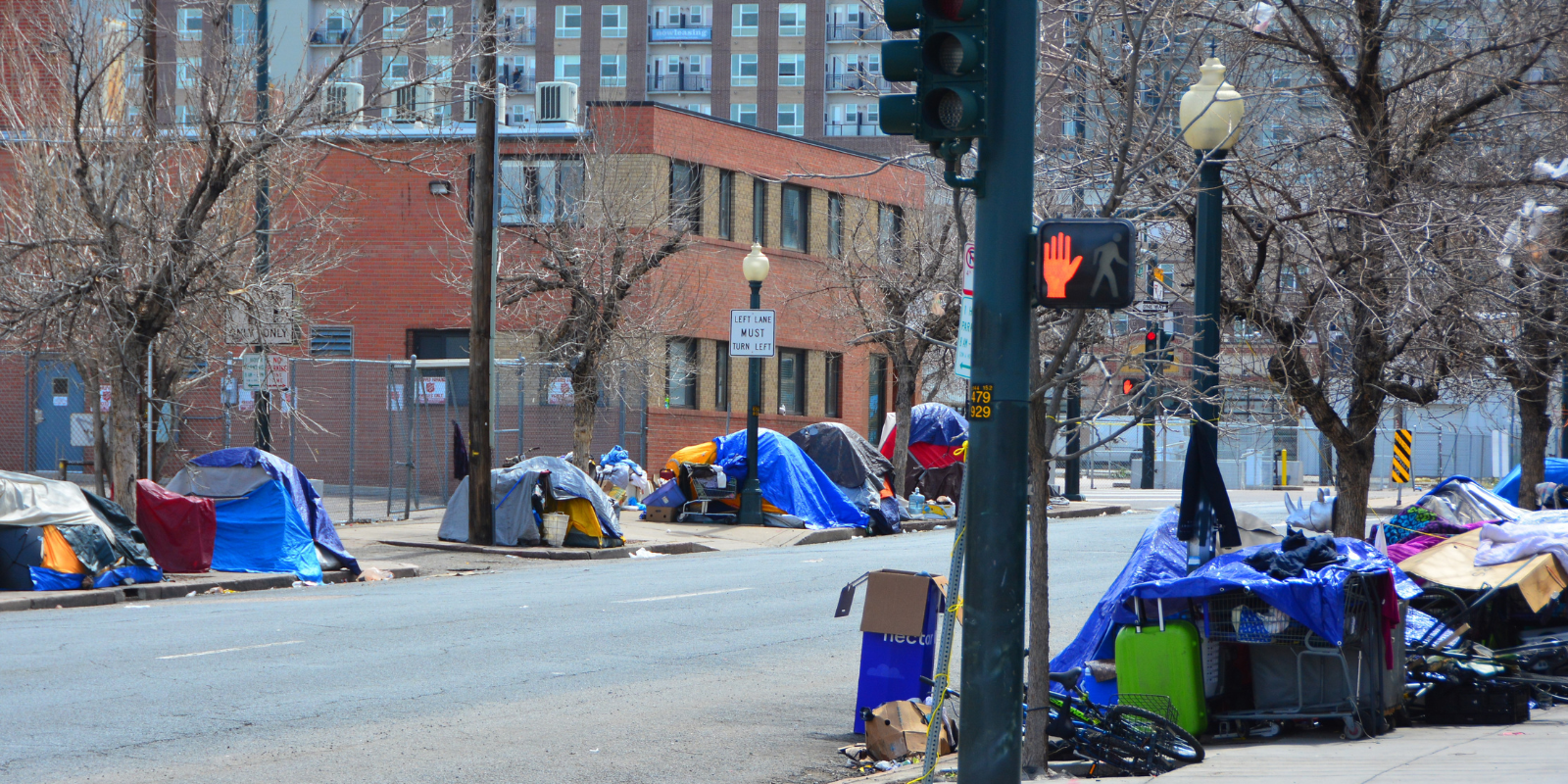A new study, out today in the Journal of Urban Health, finds that involuntary sweeps of homeless encampments in Denver were not effective in reducing crime.
Researchers, led by first author Pranav Padmanabhan, research assistant and MPH student at the University of Colorado Anschutz Medical Campus, analyzed the effect of involuntary displacement on crime in one-quarter to three-quarters of a mile radius around sweep sites, among all sweeps between November 2019 to July 2023. Results show no change in most crimes, and negligible changes in others.
“The highest level finding from this research is, despite the commonly held belief that displacing people makes crime go down and makes the rest of the community safer, we did not see evidence to support that claim,” Padmanabhan said.
In general, researchers found insignificant decreases in total crimes in the days immediately following the sweeps. Any minimal decreases dissolved as they looked further out in time from the sweep. While there were minimal decreases in auto theft and public disorder, crime did not overall decrease in post-displacement periods and, in some cases, rates of violent crime went up. These findings suggest that encampments cannot be linked to a rise in crime.
“Previous work has shown that forcing unhoused people to move without access to services is harmful to health,” Padmanabhan said. “Until we get to the root causes of homelessness, these methods are actually not making us safer.”
Joshua Barocas, MD, associate professor at the University of Colorado School of Medicine and senior author of the study, said that this analysis has broad implications. “While this analysis looked at only one major metro area, I believe the lessons learned are generalizable and can be applied in other cities around the country that are struggling with what to do with encampments.”
“With the recent Supreme Court decision Grants Pass vs. Johnson that allows cities like ours to make the decision to displace people, this analysis should make us think if sweeping is the best use of resources,” Barocas said.
“As city officials juggle the needs of people experiencing homelessness and the safety concerns of the rest of the community, it’s important to consider that previous research shows encampment sweeps do not help those who are homeless, and according to this study’s results, are also not making the rest of us any safer.”


.png)

.png)
